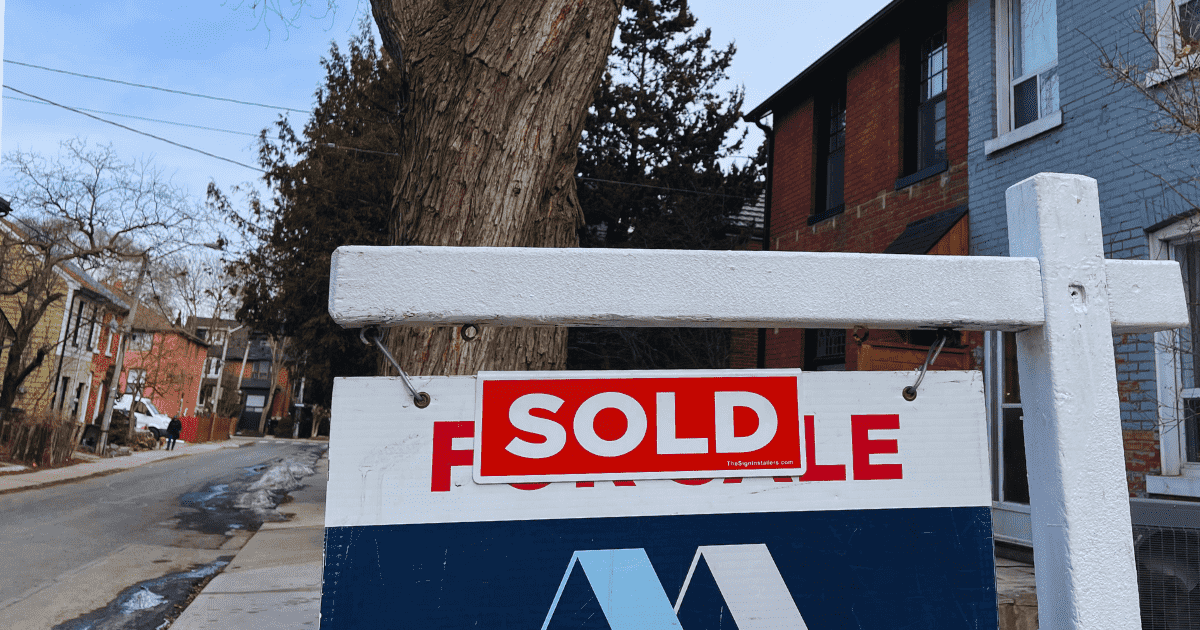[quote_box_center]“If you don’t risk anything, you risk even more.” – Erica Jong.[/quote_box_center]
In this third column in my series on the controversial topic of real estate fees, let’s talk about something that I suspect most agents fail to seriously consider when plying their trade – risk.
It’s your fiduciary responsibility to your clients to do everything possible to obtain the most favourable terms for them. Selling real estate is not, as they may believe, just a matter of signing up a standard form, uploading an ad onto a website and installing a lawn sign. If it were, you couldn’t begin to justify your traditional fee.
The lion’s share of the fee is earned during the advice stages. Establishing an estimate of fair market value and original and amended asking prices, advising on property preparation and offer negotiation – sometimes more than one – are the most critical services. The other marketing activities, though important, are secondary.
By accepting the listing, you agree to assume significant obligations. Hopefully, your new seller will appreciate that marketing expenses lower your net compensation, at least if the property sells. And if for any reason it doesn’t, remind them that you will be in a loss position. The risk is all yours and unfortunately, they’re in the “profit” driver’s seat. You have control of the marketing gas pedal, but they control the brakes. Their level of reasonable co-operation and your risk of loss are inversely proportional.
When sellers see the big commission number on their lawyer’s Statement of Adjustments, they sometimes resent parting with such a sizable sum for a particularly brief service period. They may not have appreciated the service provided, or more importantly, the risk you undertook, or the fact that for each listing that sells, there were many more that didn’t. Whether it sells or expires, agents incur marketing expenses on every listing.
There must be sufficient compensation for assuming all the risk. That alone justifies higher fees. You assume responsibilities and obligations with all associated expenses without any guarantee of a return on your investment of time, money and expertise. There must be a reasonable profit incentive, and not just reimbursement for time and expense. Otherwise, why be in the business? Key word: business.
It’s not a job where you trade time for money, nor are you a not-for-profit organization. You make the commitment with the hope that the market will favour you with a sale so you can not only be satisfactorily compensated, but make a profit. If it fails to sell, you lose – not the property owner. You’re out of pocket, both in money and what’s even more valuable – your time. Upon expiry, they can re-list with you or another brokerage without any penalty. For any investment, risk and rate of return should be directly related.
For understandable reasons, a commission based on a percentage of the ultimate sale price is an important agent incentive. It’s also an attractive inducement for a homeowner because it provides them with an opportunity to attempt a sale without any risk or expense and with minimal effort. That’s a huge seller advantage!
Here’s something else to think about. When accepting a listing, by charging a lower rate, you’re not actually reducing your fee. Why? Because there’s no fee yet; it’s merely a percentage of nothing. What you’re really doing is devaluing your service, your worth. You’re ultimately lowering your effective hourly rate – maybe to zero or less – and reducing the chance of generating a profit.
You’re entitled to make a reasonable living, just as the homeowners are. Typically, they’re paid a salary or hourly wage, whereas you’re paid by commission. If you fail to generate a sale that closes, you don’t get paid. Period.
Ask your seller how they’d feel if their employer instructed them to do their job, but without their usual compensation unless the company sold some product or was profitable. In such case, because of the risk of no pay, your prospective seller would no doubt demand a higher compensation from their boss. As I said, for the risk you agree to undertake, your fee is higher. Second mortgage rates are higher than those of a first mortgage for the same reason. It’s not complicated. You don’t work for free. Well, actually you often do. Greater risk goes hand in hand with higher fees. And the risk is normally spread out over all your listings.
For your usual fee, you’ve always accepted such risks as an integral part of the business because you normally generate sufficient “pooled” commission income from multiple listings to rationalize the individual risks. When you lower your fee without a major boost in volume, are those risks still justified? At some point, your traditional business model will no longer make sense.
That’s when the public will begin to notice a changing industry – possibly not a better one. Our business is already moving in that direction. In the next column, I’ll discuss our evolving industry.
Ross Wilson is a retired real estate broker with extensive experience as a brokerage owner, manager, trainer and mentor over a highly successful 44-year career. His book, The Happy Agent – Finding Harmony with a Thriving Realty Career and an Enriched Personal Life is available where print and e-books are sold, including the TREB, MREB, RAHB and OMDREB stores. Visit Realty-Voice.com.

















